Christian Contrition and Action: Society and the Keys to Peace
In this article, originally published in Christianity and Crisis on April 19, 1943, F. Ernest Johnson illuminates the twin wartime concerns of brutality and cynicism. Johnson illustrates the importance of maintaining public morality; losing compassion for the enemy will scuttle the peace and instigate the next war, while ignoring social influence in determining personal ethics invariably corrodes society on a more insidious level. To paraphrase John 17: 14-19, we must be in the world, but not of it.
Christianity & Crisis MagazineMarch 1, 2018
The Home Front: Losing the Peace Through Revenge
The Treaty of Versailles did not cause World War II, but it hardly aimed to prevent it. In this article, originally published in Christianity and Crisis on April 5, 1943, D. Elton Trueblood warns against a vindictive peace driven by revenge – a fertile breeding ground for the next war. Trueblood deplores missing a chance at reversing centuries of intra-European carnage and preventing Asia from suffering a modern incarnation, all for the sake of revenge.
Christianity & Crisis MagazineFebruary 22, 2018
No Peace With Hitler’s Generals: Conquer the Military Caste
Almost all nations field armies; fewer, even in 1943, retained a warrior caste who dominated nearly every facet of political and cultural life. In this incisive article, originally published in Christianity and Crisis on March 8, 1943, Robert E. Fitch argues that winning the War and achieving peace stems from breaking the feudal martial classes of Hitler’s Nazi Germany and Tojo’s Imperial Japan.
Christianity & Crisis MagazineFebruary 15, 2018
Why the League Failed: 13 Crippling Shortcomings
The much-maligned League of Nations experienced difficulties and shortcomings, which are visible in the functioning of the modern UN – and to a lesser extent, the International Criminal Court. George Stewart provides no less than thirteen reasons for the League’s failure, foremost among them the United States’ refusal to join, despite President Wilson’s labors as the prime architect. Stewart’s criticism of the League’s weaknesses, in its simultaneous impotence and incompetence, serves as a reminder for the need of robust, yet practical, international structures.
Christianity & Crisis MagazineJanuary 26, 2018
The Christian Church in the Latter Half of the Twentieth Century
Francis P. Miller claims the church cannot stand by and optimistically assume that the state will pursue justice without the assistance of a religious ethic.
Christianity & Crisis MagazineDecember 7, 2017
Hatred and Morale
War and hatred should never be conflated, but it is easy for the two to become one when fighting immoral adversaries, such as the Islamic State or the Axis Powers. In this article, originally published on December 14, 1942, Christianity and Crisis editor Henry Smith Leiper refers to the latter.
Christianity & Crisis MagazineNovember 30, 2017
The Western Man’s Arrogance: Including the Former Colonies
This thought-provoking article, originally published in Christianity and Crisis on November 30th, 1942, suggests that a better post-war world is one that includes the colonies of the Western powers (the nations that were colonies at the time of this piece’s writing). Editor Miner Searle Bates chides the Allied powers for excluding nations such as China and India in their post-war planning and argues that they deserve a seat at the table.
Christianity & Crisis MagazineNovember 24, 2017
The Christian and the War: Fighting for Justice, not from Necessity
Reinhold Niebuhr refutes the argument that Christians are only allowed to pursue war for the purpose of self-defense. He asserts that a Christian’s willingness to fight should stem from a desire to seek and promote justice.
Christianity & Crisis MagazineNovember 2, 2017
Thoughts in Wartime England: In Praise of the British
This essay, written by Lynn Harold Hough for Christianity and Crisis on October 19, 1942, praises the quiet strength and steely courage of the British people throughout World War Two.
Christianity & Crisis MagazineOctober 13, 2017
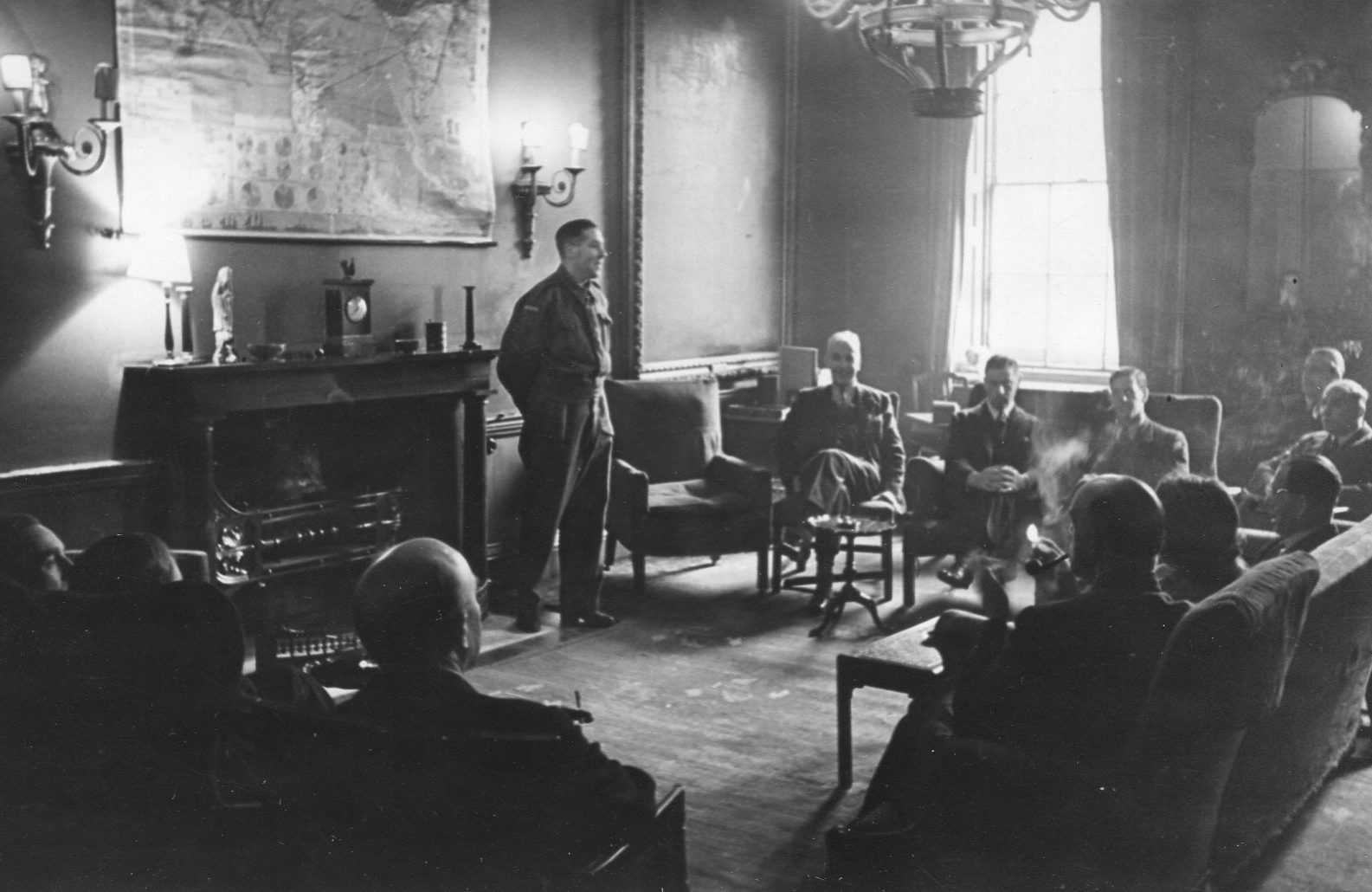
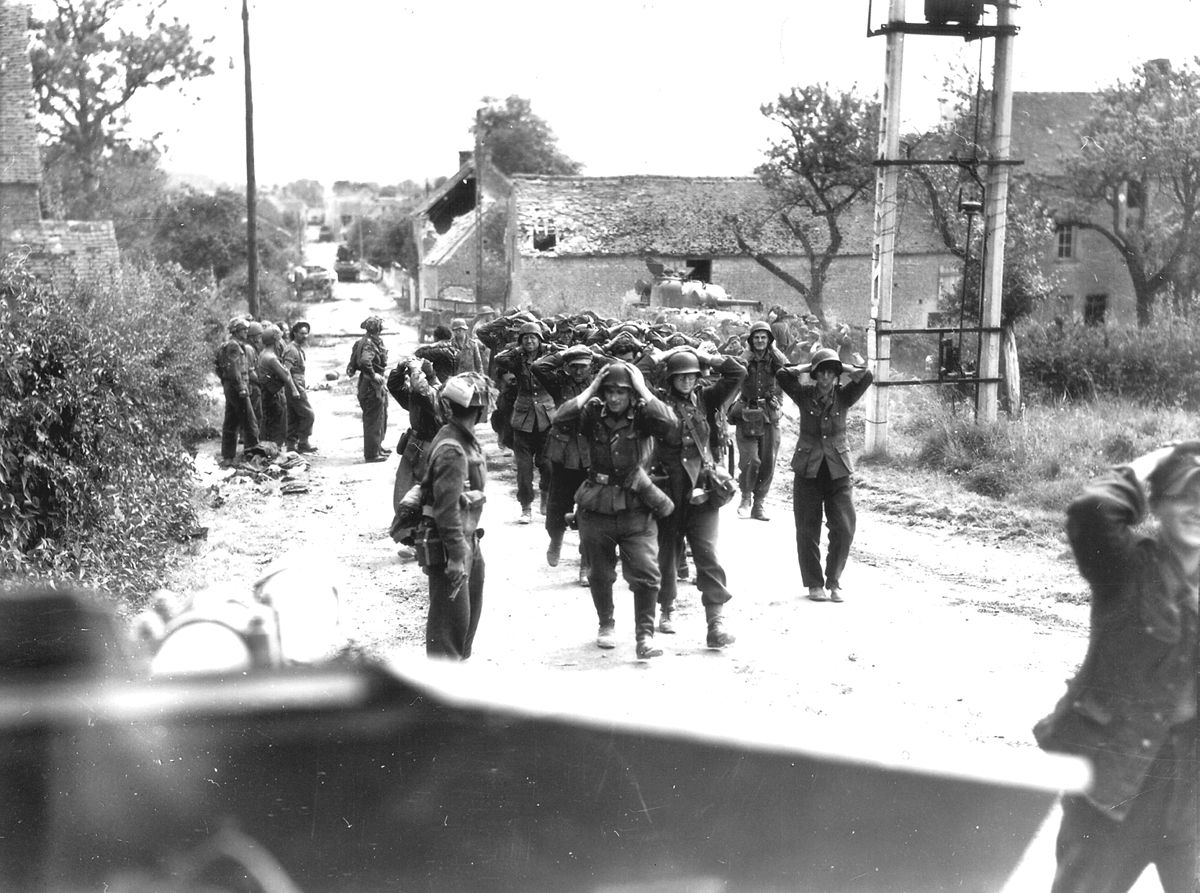
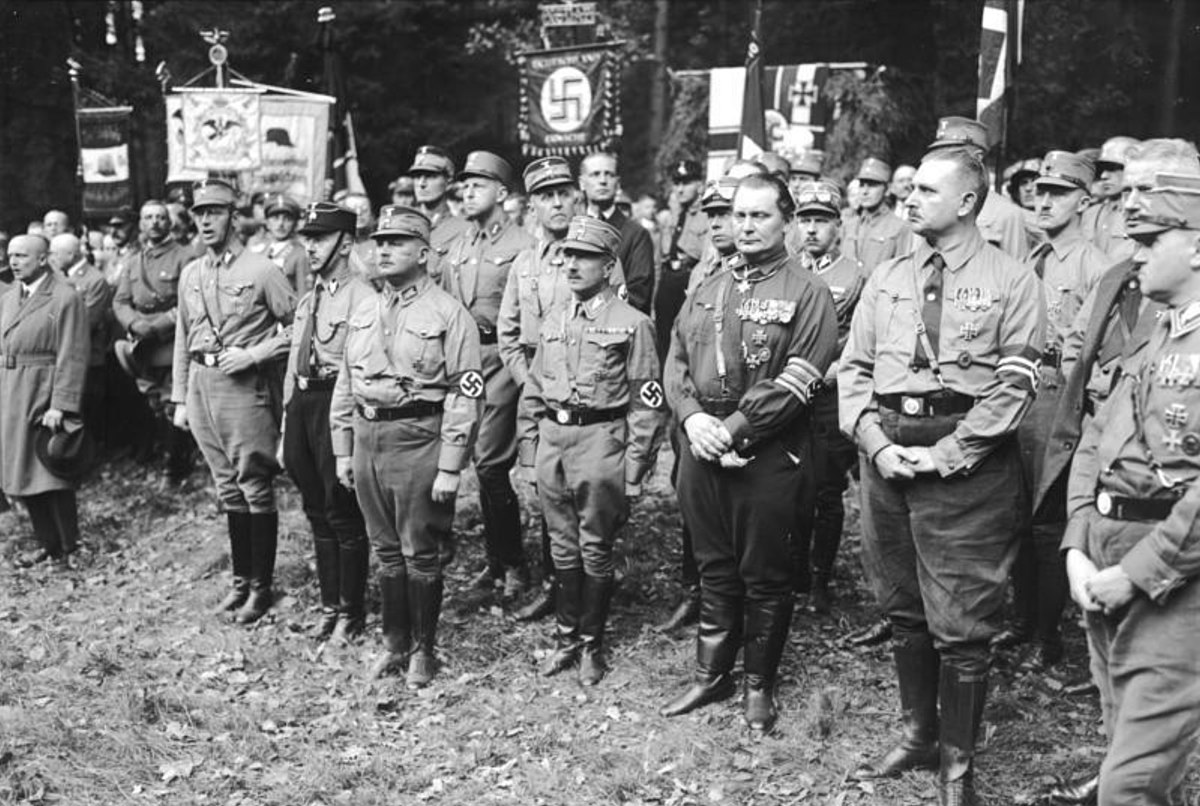
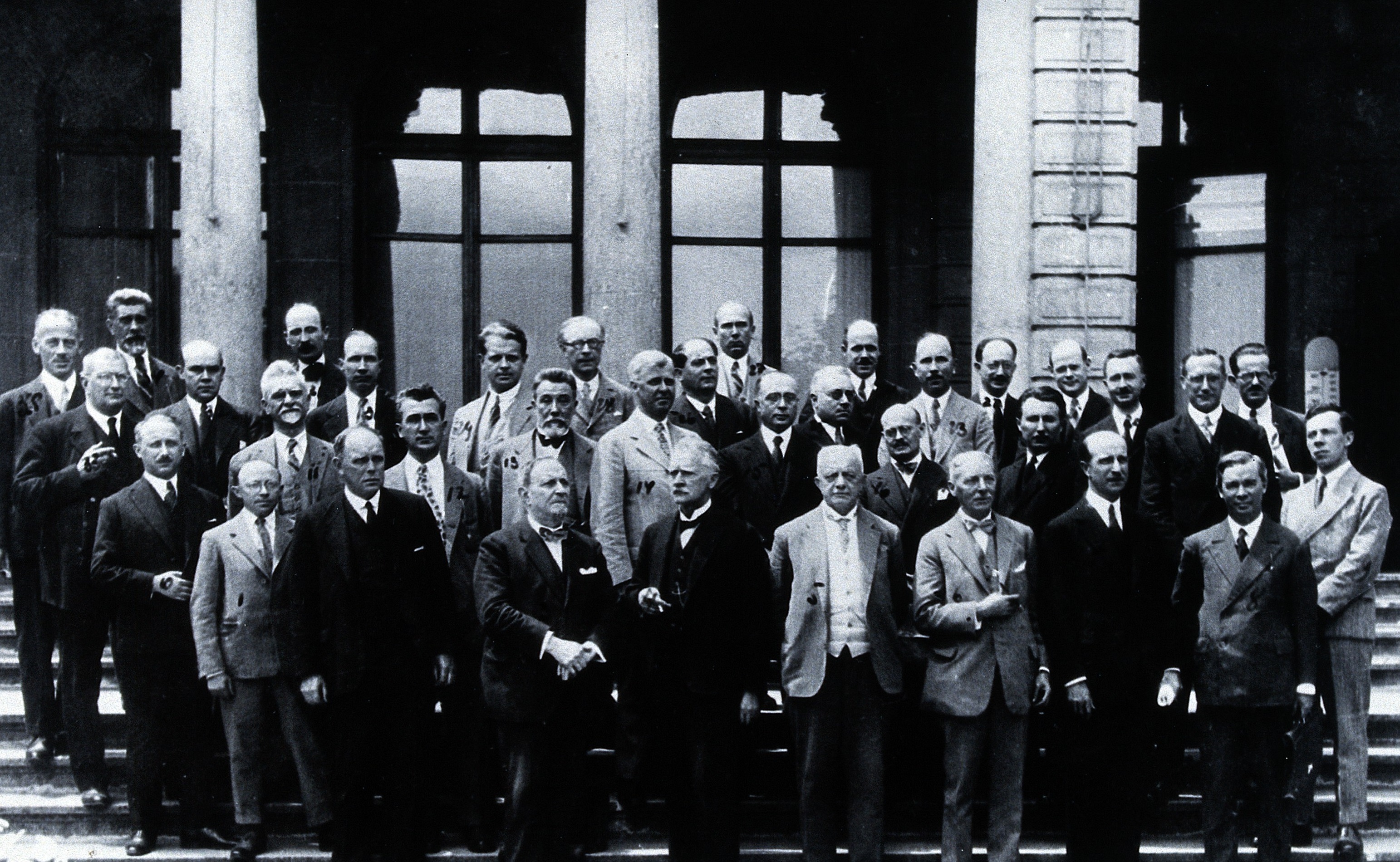
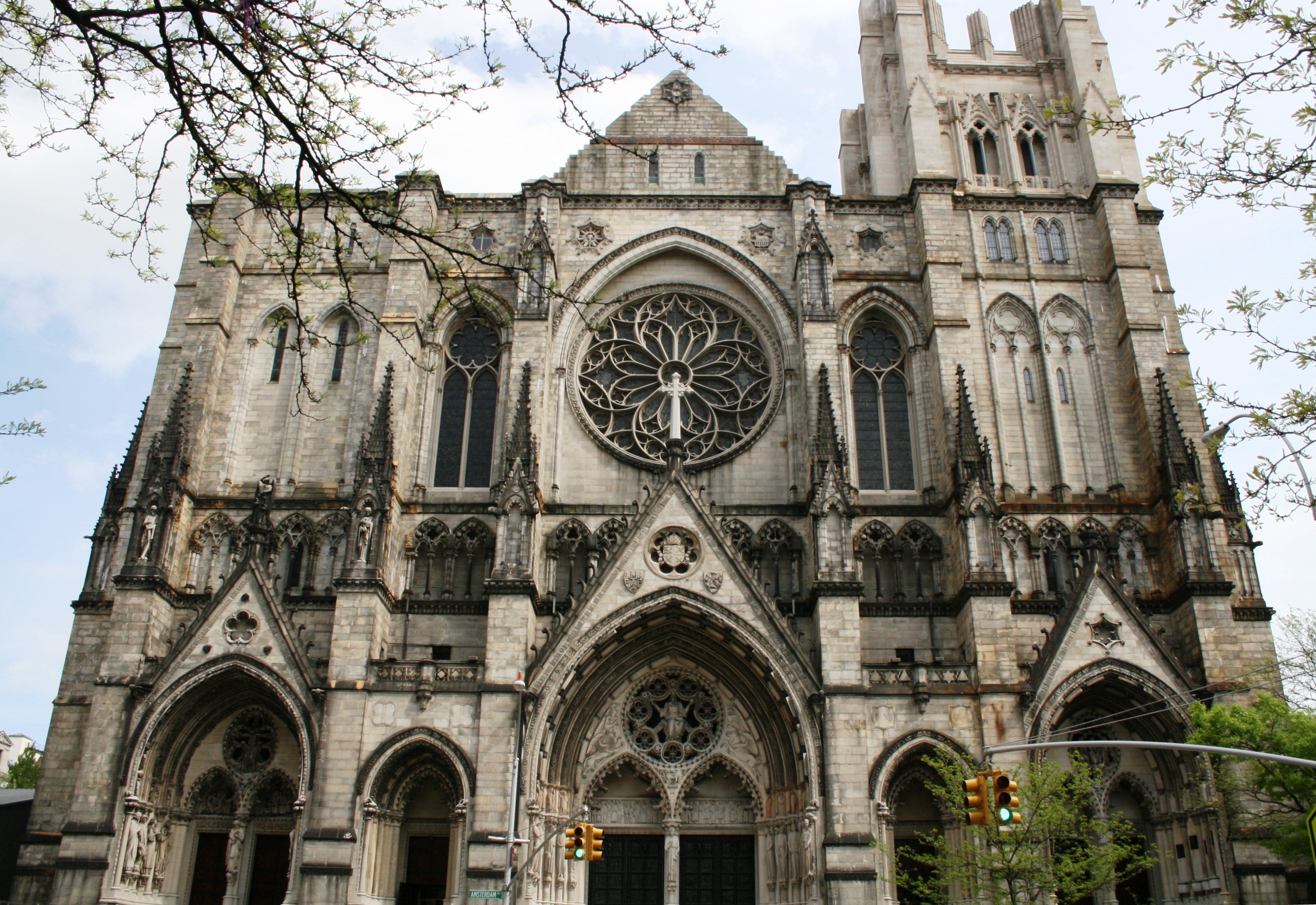
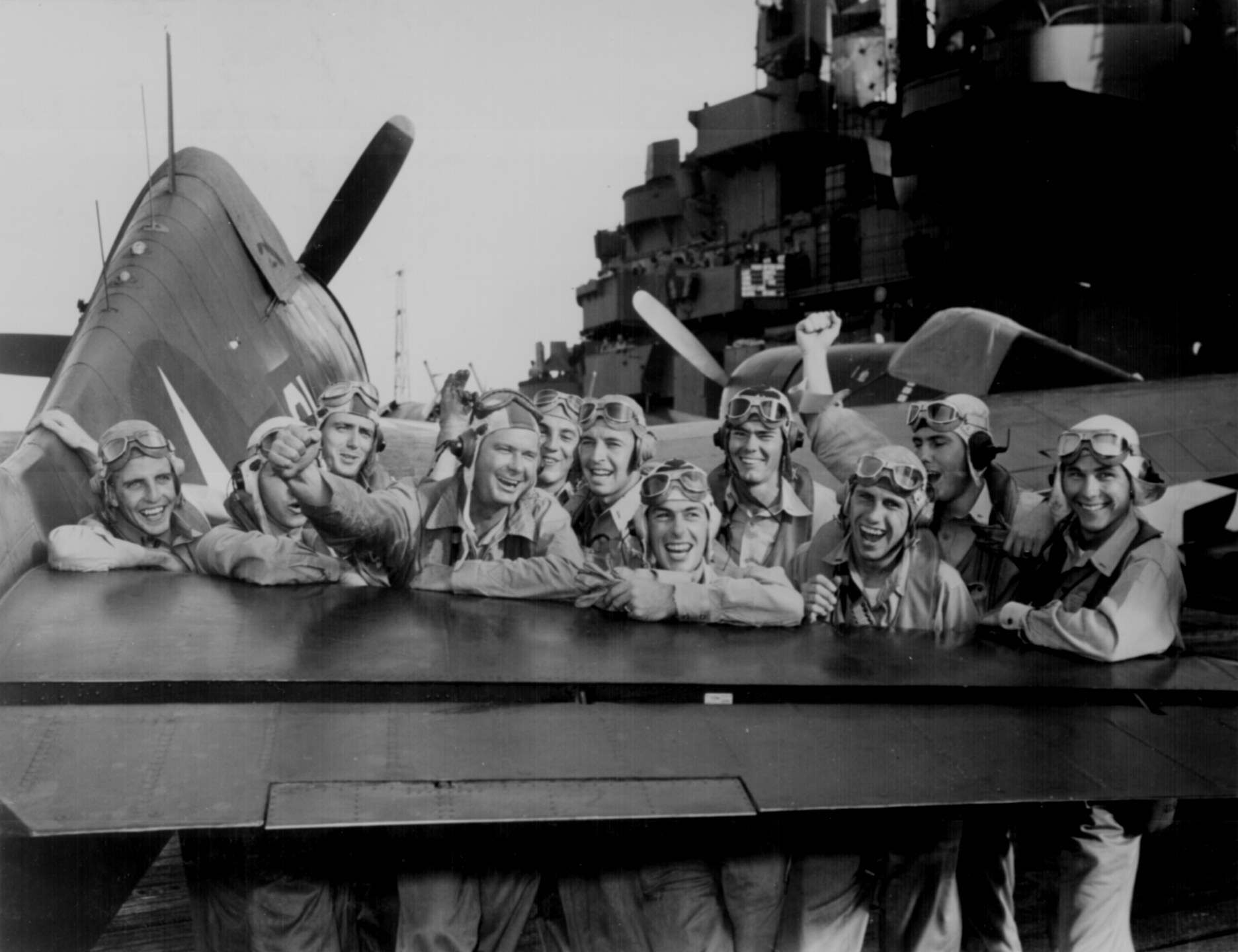
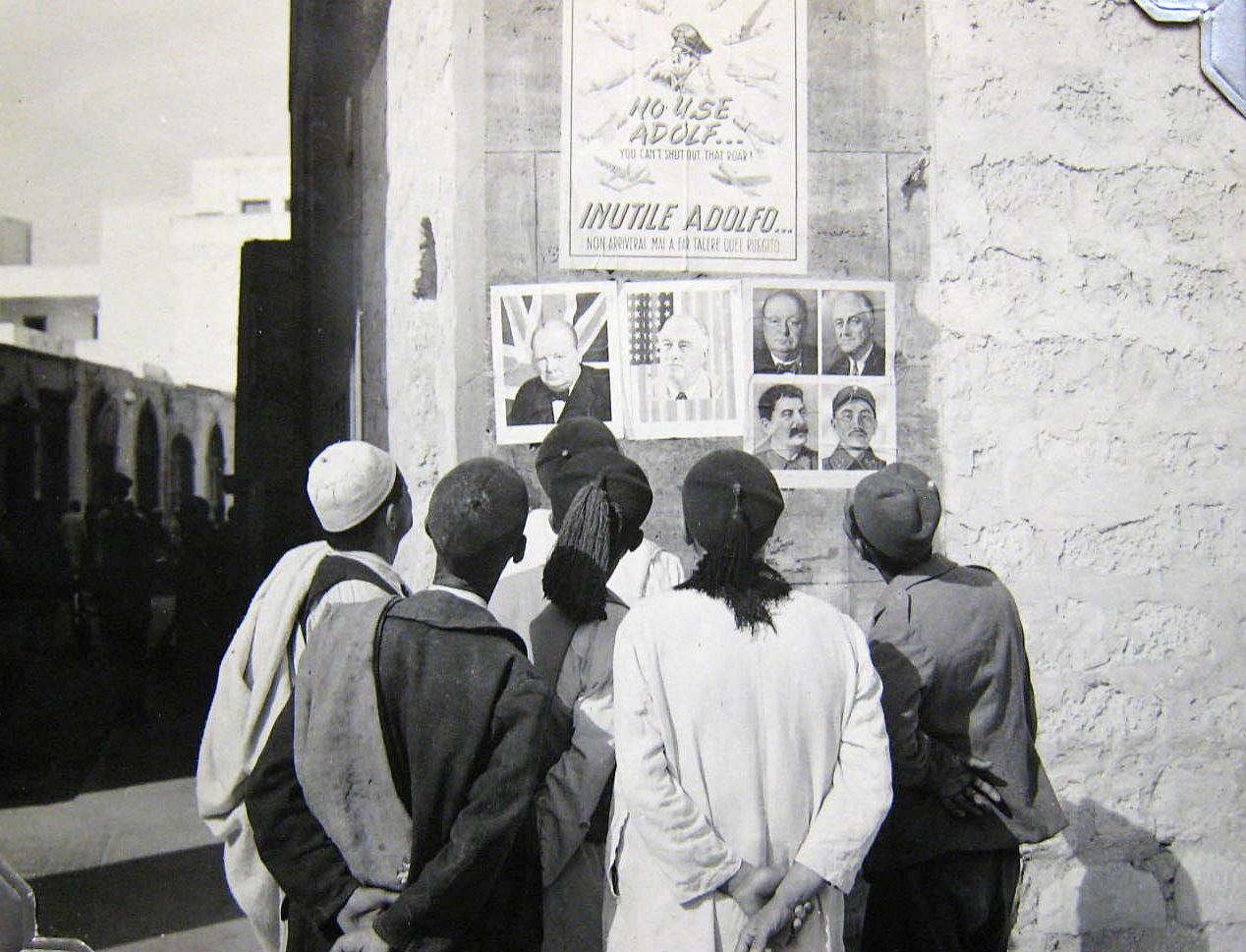
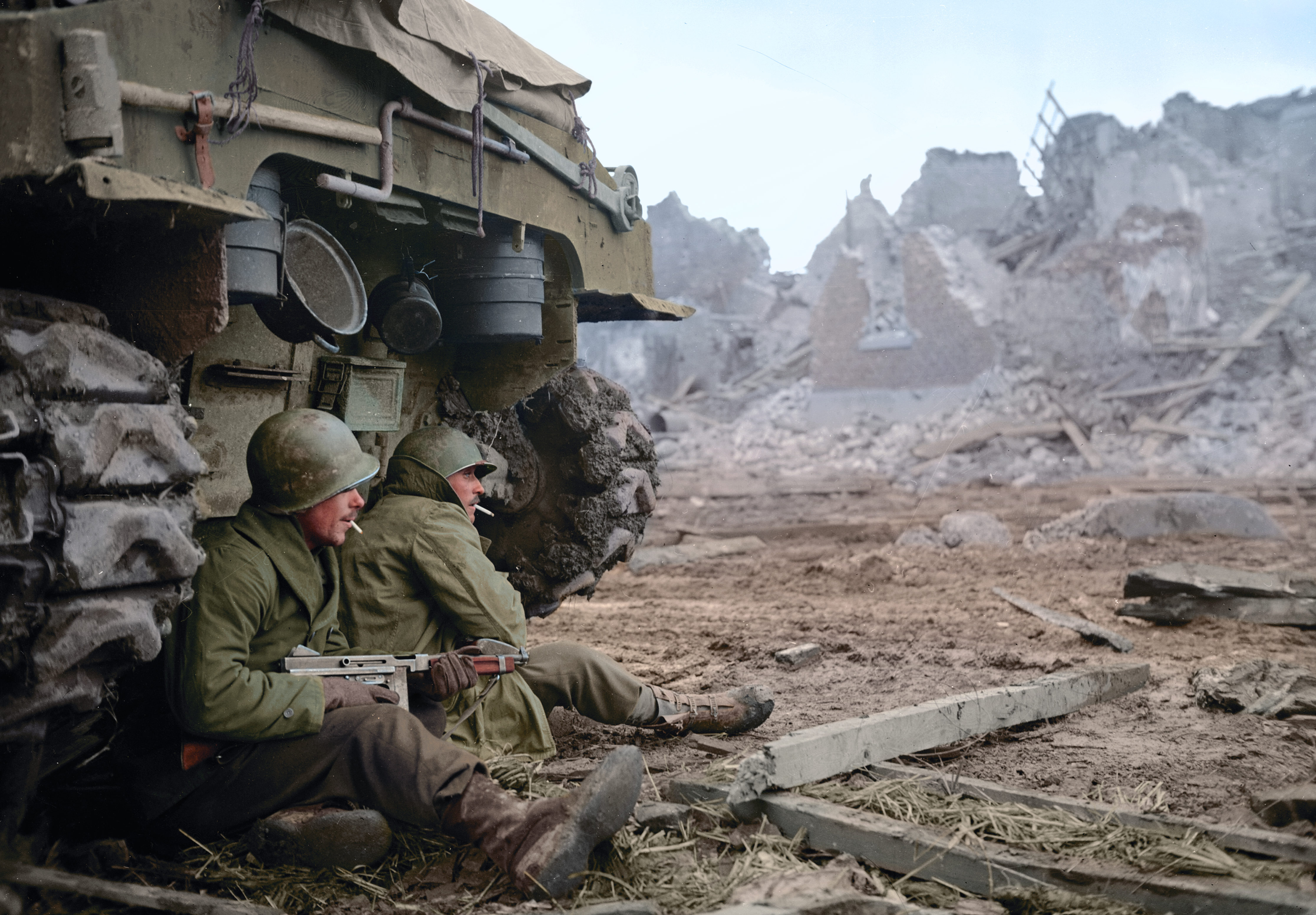
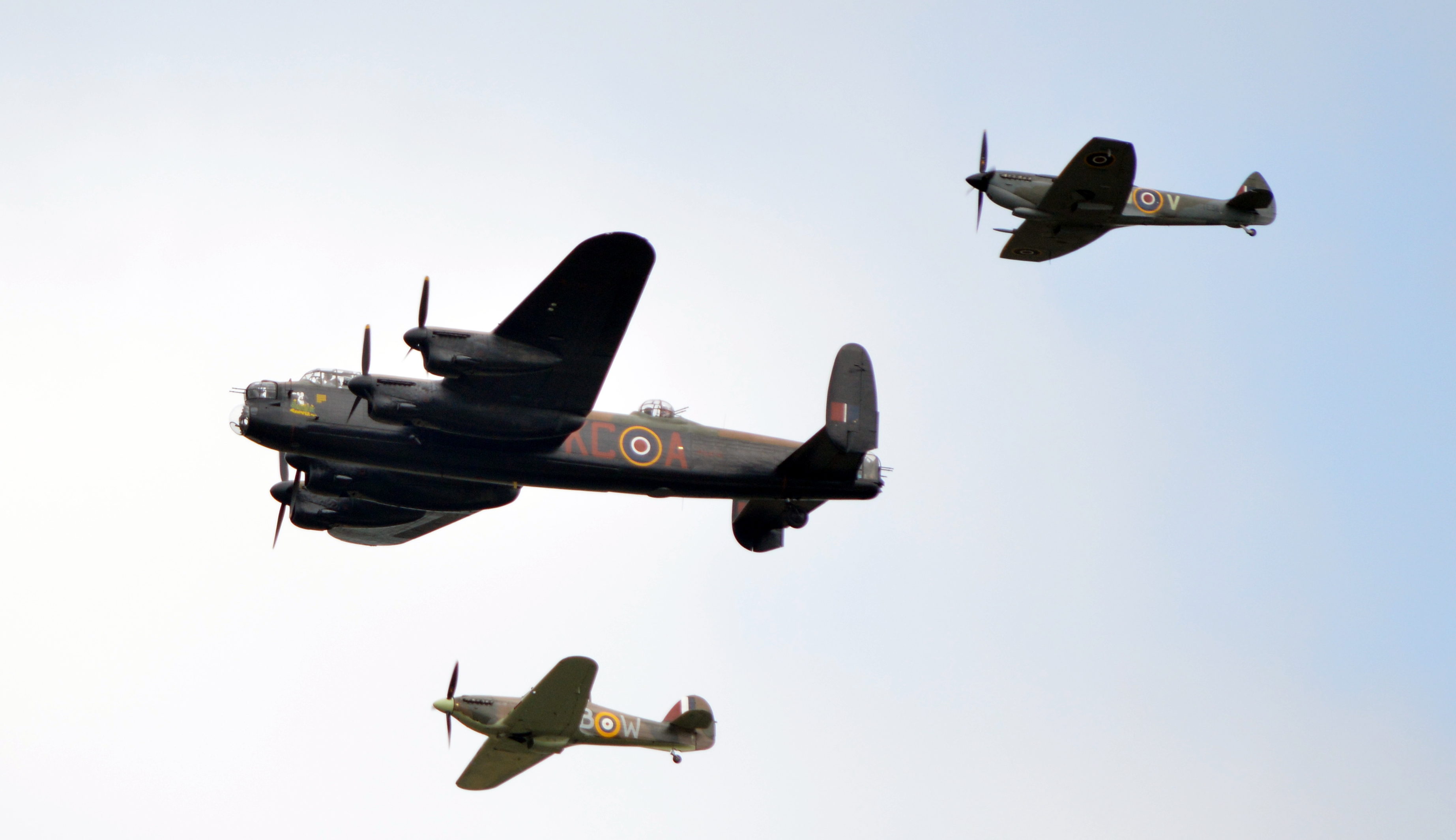

 Live in the DC area? Sign-up for Providence's in-person events list!
Live in the DC area? Sign-up for Providence's in-person events list!